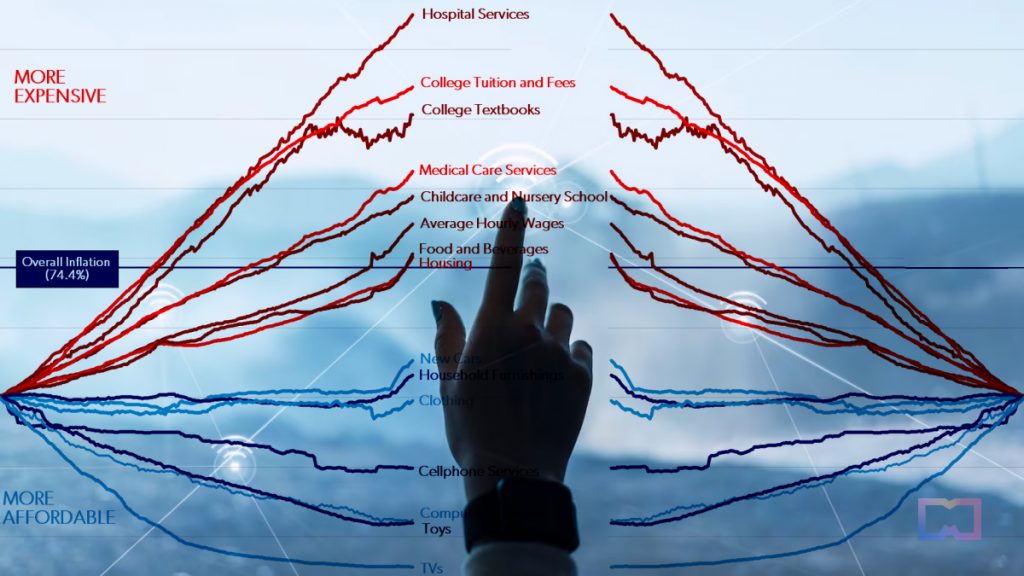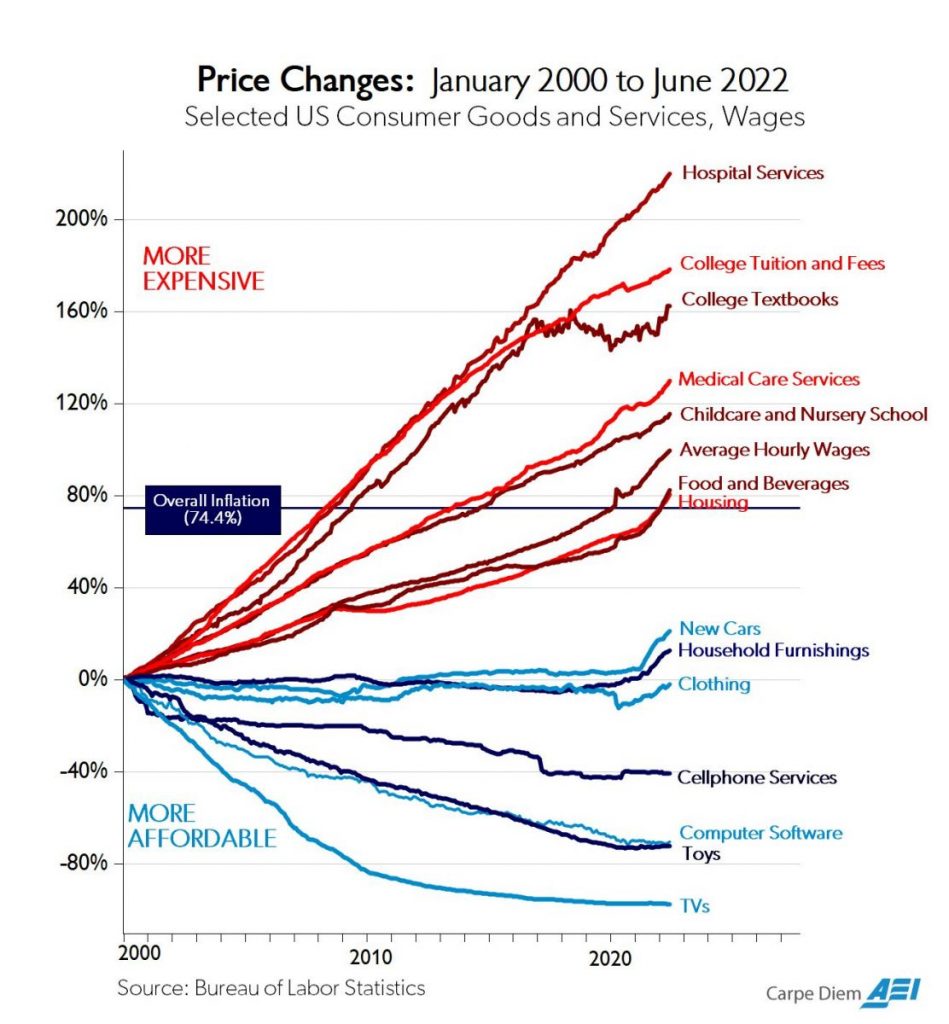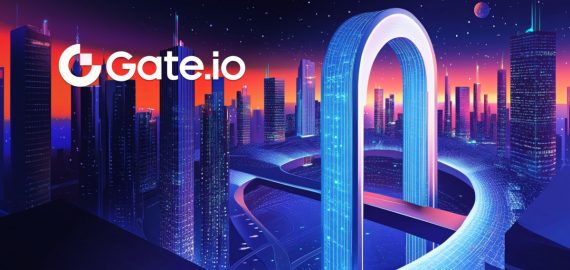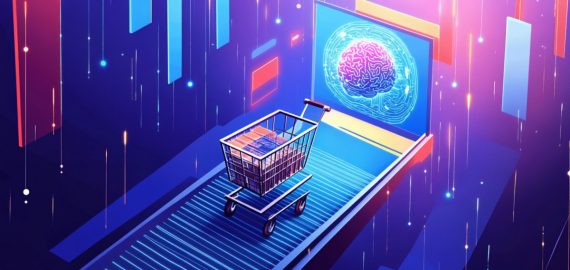Marc Andreessen insists: \"AI cannot increase overall unemployment levels.\"
In Brief
Andreessen argues that AI is considered 'illegal' in a significant portion of the economy.
He asserts that sectors like education, healthcare, and housing, which are tightly regulated by government entities, won't benefit from AI advancements.
Andreessen mentions that 99% of economic activity is leaning towards regulated sectors that do not leverage technology, rendering AI's potential effects on employment almost non-existent.

In his recent blog post, prominent investor Marc Andreessen, a leading figure at a16z, contends that the concerns surrounding artificial intelligence (AI) leading to massive job losses are overstated.
Andreessen points out that the economy is progressing towards sectors that are highly regulated and where AI is almost 'illegal', which minimizes the effects that AI could have on jobs.
Citing historical instances of fears surrounding job losses due to technological advancements, such as during the outsourcing boom and the rise of robotics in earlier decades, Andreessen highlights that these concerns are now revisited with AI. He suggests that the pace of AI development is currently insufficient to trigger broad unemployment.
He observes that there are essentially two types of economies: one where technological progress drives down prices while enhancing quality, and another where government-regulated prices are climbing sharply.
As he puts it, 'We're moving toward a future where a massive flat-screen TV costs $100, but a four-year college diploma sets you back by $1 million, and surprisingly, no one has proposed a systematic solution to this imbalance.'
he writes in the blog post .

The heavily regulated sectors that are significantly influenced by government policies are the very environments where AI struggles to make headway, primarily due to extensive regulatory frameworks that stifle innovation. These areas include healthcare, childcare, housing, education, and food and beverage.
He elaborates, 'From a consumer viewpoint, price hikes in red sectors frustrate us. As producers, we worry about disruptive technologies in the blue sectors. Ultimately, it's a choice you must make; as the data illustrates, you can't have the best of both worlds.'
Andreessen suggests that the sectors highlighted in red are characterized by monopolies, oligopolies, and cartels, rife with various forms of regulatory control, price manipulation, and professional licensing requirements. These sectors tend to grow as a share of GDP, while the less regulated, tech-driven industries face decline.
For these reasons, Andreessen predicts that a staggering 99% of the economy will gravitate towards regulated and non-technological realms, where advancements are essentially 'forbidden' and he deems AI 'illegal'.
In conclusion, even if Luddite critiques hold true this time, Andreessen maintains that AI will not drive an increase in joblessness, as the regulated, non-tech sectors will continue to prevail, keeping AI's impact on employment minimal.
Nonetheless, digital media professionals are expressing legitimate concerns. Just last week, CNET announced it had cut 10% of its workforce after shifting towards the publication of AI-generated articles designed for SEO optimization. This resulted in approximately 180 layoffs across various departments, including targeted sales, technology, production, and content teams, with plans to utilize OpenAI's tools to enhance their content. . In December, Buzzfeed cut 12% of its staff Venture Capital Financing: An Introductory Guide to VC Funding within the Crypto Realm (2023) announced in January Can the Metaverse Thrive Without the Use of Virtual Reality? (2023)
Read more:
Disclaimer
In line with the Trust Project guidelines With press releases, announcements, and opportunities for interviews.







